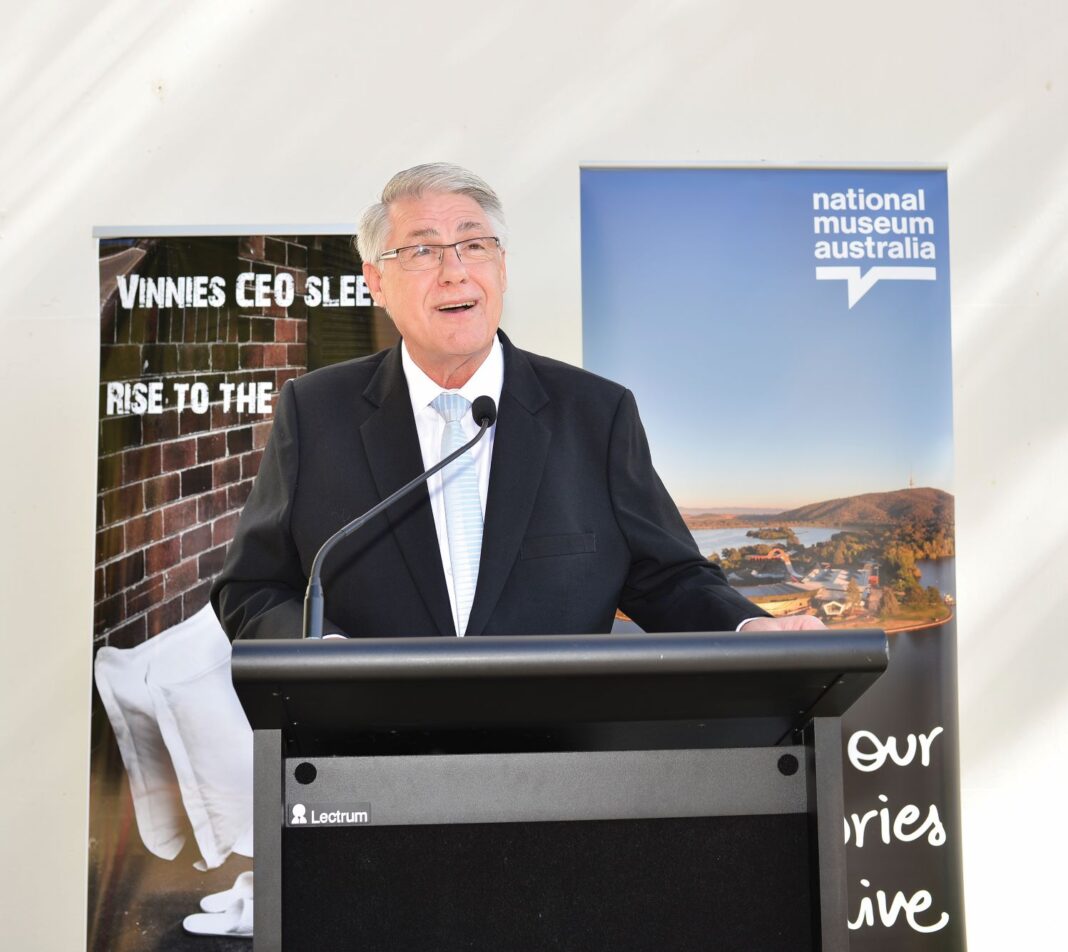Older women, and asylum seeker and migrant women and families, are the focus of two new homelessness services for the ACT.
The ACT Government has awarded a $1.9 million contract for a homelessness service for older women in the ACT to YWCA and a $1.8m contract for a homelessness service for asylum seeker and migrant women and families to Migrant and Refugee Settlement Services.
ACT Minister for Housing Yvette Berry said through conversations to develop the ACT Housing Strategy, “the community were clear that these two cohorts are in need of more tailored support and in the 2018-19 Budget, the government committed $6.5 million to address these gaps in the homelessness service system, as well as extend OneLink’s operating hours to provide more frontline services”.
In addition to the two new services, the ACT Government has this year allocated more than $24m to the specialist homelessness sector to provide 50 programs that support people at risk of, or experiencing homelessness.
An ACT Government spokesperson said “collectively, the specialist homelessness sector has the capacity to provide 978 support places and 375 accommodation places at any one time”.
In addition, the spokesperson said $45 million has recently been announced in continued investment in specialist homelessness services.
“The ACT Government will extend existing investment for the 28 organisations that make up the ACT specialist homelessness sector, for two years from 1 July 2019 until 30 June 2021.”
Meantime, the number of individuals making use of Safe Shelter continues to increase.
In the first nine weeks of Safe Shelter ACT’s operations this autumn/winter season, they have provided 412 guest nights compared to 204 in the same period last year.
The venues used by Safe Shelter have been full or almost full on many nights with six men, one woman and a mother with two children turned away to date. In the whole five months of winter 2018, only two men could not be accommodated.
Despite the number of people utilising Safe Shelter, the ACT Government is cautious about the development of large scale overnight shelters which do not provide pathways to long-term accommodation.
“Australian and international evidence shows that placing large concentrations of people facing disadvantage in temporary accommodation does not provide positive social outcomes and can exacerbate trauma and cyclic homelessness,” the government spokesperson said.
According to St Vincent de Paul Society Canberra/Goulburn CEO Barnie van Wyk, there is “a strong link between affordability of housing and homelessness”.
“Until such time as there is a flexible housing strategy which offers entry points into permanent housing, there is an urgent need for crisis and transitional accommodation,” he said.
“Crisis accommodation is often a vital support to people in need and one of the only options available to evade the cycle of homelessness. Although it is not a long-term solution, it can offer the wraparound supports to secure permanent housing options.”
More stories:



